Premium Only Content
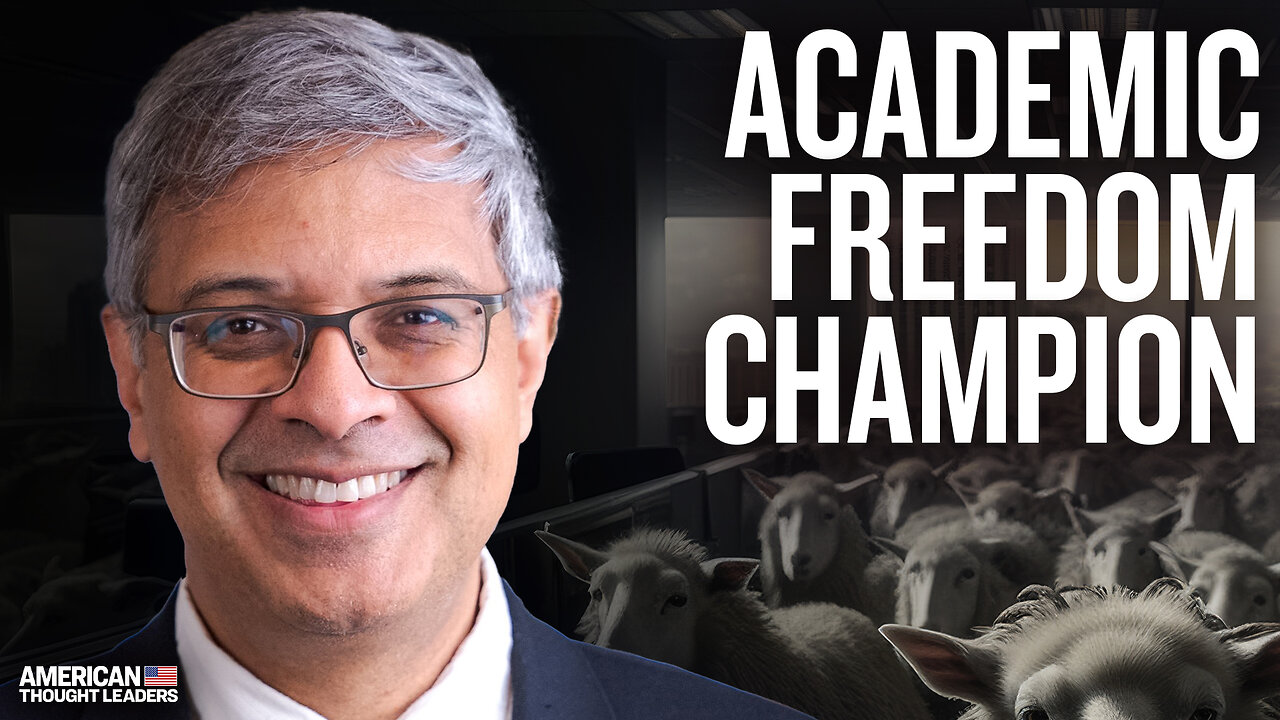
How Universities Embraced Censorship during the Pandemic: Jay Bhattacharya
🔵 Try Epoch Times now: https://ept.ms/3Uu1JA5
This is the 30 minute TV version of Jan Jekielek’s interview with Jay Bhattacharya. The longer-form version was released on Epoch TV on November 14, 2024.
🔴 Watch the extended version of this episode: https://ept.ms/Y1114JayBhattacharya
Jan recently attended a Pandemic Planning conference at Stanford University. It was really the first of its kind, in that it brought together a wide range of voices on the topic in an academic setting, and it was held under the auspices of the new Stanford President Jonathan Levin.
“I think it’s expanded the range of things that are allowed to be said in polite society, if you will,” says Dr. Jay Bhattacharya, a professor of health policy and the lead organizer of the conference.
“Universities play a tremendously important role in paneling these discussions, especially in difficult times. The university mission of academic freedom inquiry aimed at finding the truth is different from the mission of public health. And it turns out, public health viewed the university mission as a danger and applied tremendous pressure to universities to make sure that those discussions didn't happen.”
“The key moral argument is, in the time of a crisis, should people be able to say public health is wrong? And the problem with the idea that people shouldn't be able to criticize public health in the time of crisis is that public health often is wrong in quite damaging ways, and criticism, if permitted, if allowed, would actually allow public health to course correct earlier and save lives right?”
CHAPTER TITLES
0:00:01 - 0:01:08 Introduction and Background
0:01:08 - 0:03:53 The Santa Clara Study and Controversy
0:03:53 - 0:06:11 Difficulty Organizing Pandemic Policy Discussions
0:06:11 - 0:09:00 The Stanford Pandemic Policy Conference
0:09:00 - 0:11:52 Censorship and Misinformation
0:11:52 - 0:16:30 The Government's Role in Pandemic Response
0:16:30 - 0:20:04 Organizing the Stanford Pandemic Policy Conference
0:20:04 - 0:22:58 Aftermath and Impact of the Conference
“Throughout the pandemic, it's been very difficult to organize discussions and debates between people who had an alternate view, like people who opposed the lockdowns or the vaccine mandates, the mask mandates, or the school closures. It's been very difficult to have those views represented in the public square… There were many scientists and intellectuals that paid a huge price for it, like my friend Martin Kulldorff for instance, he lost his job at Harvard University as a professor. Basically, almost everybody in academics who had academic positions that did stick their necks out, had tremendous difficulty from their institutions or outside. It was a really difficult time.”
Bhattacharya: “I thought I was going to lose my job in 2020, at Stanford, as a tenured professor, there were death threats for two straight years. It felt like the entire establishment trying to destroy you. It's not the easiest thing. But at the same time, there were a tremendous number of people that I got to know that I never would have gotten to know, that I then became friends with, who I admired tremendously.. And you could see it in the time when, when it's difficult to speak up, then they spoke up. It's the people of tremendous integrity whose values are, you know, quite aligned with mine, even if their politics might be quite different.”
“The best way to deal with me is to, like, have a discussion with me and make the points that show me wrong. That's how we discover true things. Is in sort of wrestling with each other, with on ideas.”
“During the pandemic, it was the government that was harming children. The government closed the schools. The government did that on the behest of public health, the government essentially told children and parents to treat their children as if they were biohazards. They caused a mental health crisis. They had a tremendous loss of learning that will reverberate through a generation where we essentially left behind a vast number of children, especially minority children, especially poor children.”
“It's interesting to see the power that the legacy media has in the minds of people who support basically the orthodoxy. It's not so much that they try to convince people that the orthodoxy is right. It's to essentially demonize criticism of the orthodoxy.”
🔵 Sign up for the American Thought Leaders ALERTS newsletter to stay up-to-date on new episodes, releases, and special events 👉 https://ept.ms/ATLnewsletter
💛 Support us 👉https://donorbox.org/american-thought-leaders
-------------------------------------------------
© All Rights Reserved.
-
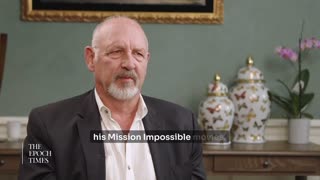 2:00
2:00
American Thought Leaders
6 days agoNick Searcy: How Hollywood Drove Away Half Its Audience
2.98K2 -
 4:55:15
4:55:15
StoneMountain64
5 hours agoHUNTING FOR THE FIRST WIN BACK ON WARZONE
45.5K2 -
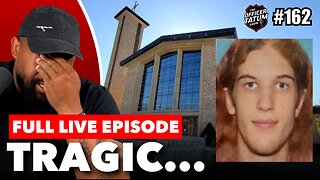 1:09:06
1:09:06
The Officer Tatum
3 hours agoBREAKING: Shooter IDENTIFIED TR*NS , Cracker Barrel CAVES To Pressure + MORE | EP 162
23K39 -
 53:47
53:47
Matt Kohrs
3 hours agoLIVE! Nvidia Earnings Call || NVDA Stock Reaction
18K1 -

Tudor Dixon
1 hour agoKarol Markowicz on Freedom, Immigration, and Saving the American Dream | The Tudor Dixon Podcast
51 -
 2:03:25
2:03:25
The Quartering
5 hours agoFlag Burning, Free Speech, Church Attack & More With Andrew Wilson
187K293 -
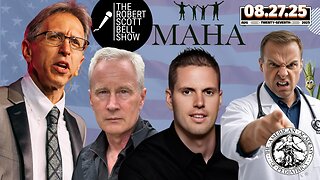
The Robert Scott Bell Show
19 hours agoDr. Peter McCullough, Vaccines: Mythology, Ideology, and Reality, Dr. Dan Sullivan, Chiropractic - The RSB Show 8-27-25
18K -
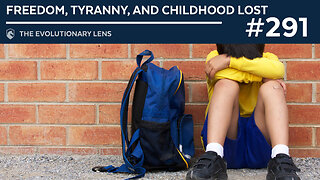 1:21:03
1:21:03
Darkhorse Podcast
5 hours agoFreedom, Tyranny, and Childhood Lost: The 291st Evolutionary Lens w/ Bret Weinstein & Heather Heying
34.2K17 -
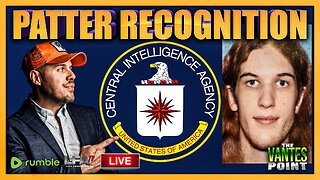 LIVE
LIVE
LFA TV
11 hours agoLFA TV ALL DAY STREAM - WEDNESDAY 8/27/25
1,311 watching -
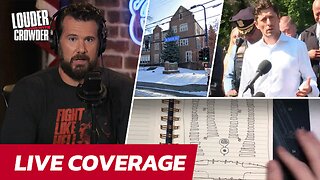 2:34:01
2:34:01
Steven Crowder
5 hours agoBREAKING: Minnesota Catholic School Shooting Update - Shooter & Manifesto
319K494